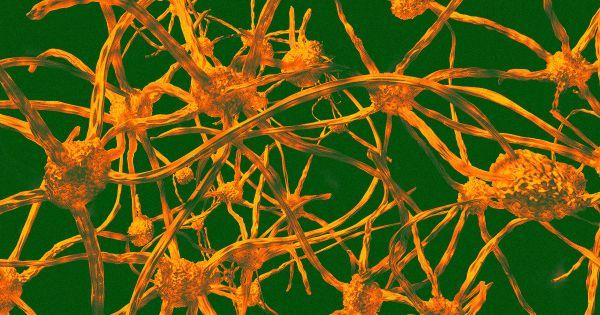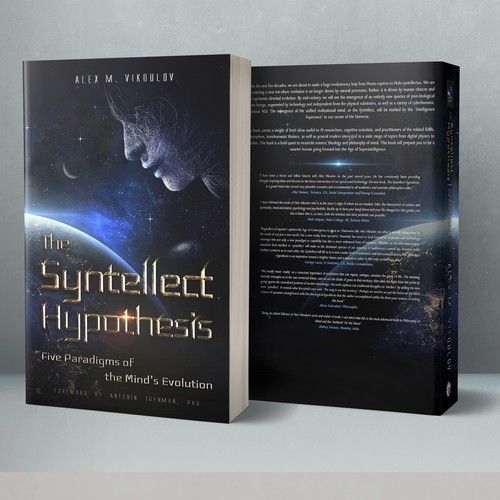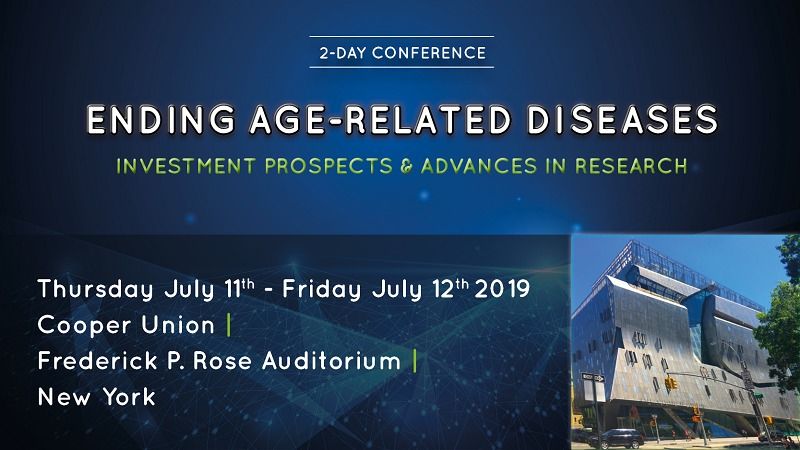But that doesn’t mean you should start chugging bone broth.


Hosted by Dr. Oliver Medvedik, we will be joined by study authors, Dr. Peter Joshi and Paul Timmers both from the University of Edinburgh, UK, who will guide us through this fascinating genomics study of human longevity.
The research paper can be found here.:
https://elifesciences.org/articles/39856

There is a theory that humans’ long life spans and women’s long postreproductive lives, might be connected through the grandmother effect. “…An analysis of church birth and death records in Finland for individuals born between 1731 and 1890 showed that having a maternal grandmother between 50 and 75 years of age while a grandchild was 5 years old or younger increased the child’s survival… The second study … it’s not just the existence of a grandmother, but her proximity that matters. The shorter the distance between grandmother and grandchild, the more involved the grandmother can be and the more benefits that accrue to her daughter and grandchildren…” See More.

On Monday, April 8th, we will be hosting our second research webinar, during which we will be discussing the microbiome and its role in aging and disease.
Our second research webinar
Our work is largely supported by the generosity of our monthly patrons, the Lifespan Heroes, so to thank them we have launched a new series of exclusive webinars where Heroes can join the researchers live, listen to discussion panels, and take part in Q&A sessions.
U.S. Transhumanist Party Virtual Meeting and Q&A – Saturday, February 23, 2019, at 6 p.m. U.S. Pacific Time. Join us for an extensive 2-hour discussion! Watch it and view the agenda here:
The U.S. Transhumanist Party invites many of its Officers and Ambassadors to discuss recent activities and plans for 2019, including the upcoming Presidential nomination process. The meeting will include a question-and-answer portion where inquiries from members and the general public will be addressed.
Agenda
- Gennady Stolyarov II: Overview of 2019 Transhumanist Presidential Nomination/Debate/Primary Process
- Gennady Stolyarov II: Integration with the Transhuman Party / Dissolution of the TNC
- ambassadors – palak madan, pam keefe, denisa rensen: discussions on transhumanist sentiment / attitudinal environment in india, hong kong, and japan.

Foreword to the Syntellect Hypothesis.
I had the honour of writing the foreword of Alex Vikoulov’s recently published masterpiece and bestseller “The Syntellect Hypothesis”. Hereunder you can read my foreword:
“If you picked up this book, it is not unlikely that you may have heard of the early 20th century philosophical movement of Cosmism. This movement, which originated in Russia, was striving for conquering the planets and stars, for radical life extension, immortality and resurrection of our loved ones by the means of technology. Perhaps one of its most important pioneers was Konstantin Tsiolkovsky, whose aspirations did not only venture into the realm of the Macro, but also explored the Micro. He spoke of the atomic world as being animated and can thus be considered a kind of cosmist-panpsychist.
The foundational work of the cosmic aspirations of man by the Russian Cosmists soon reverberated through the intellectual world of the early 20th century and found a resonance and fertile ground in the works of Pierre Teilhard de Chardin. Teilhard saw evolution as having a direction, namely the direction of concentrating consciousness in form, striving towards accumulation of knowledge, which gradually is attained by the formation of the Noosphere and which will culminate in the apotheosis of the Omega Point. Teilhard de Chardin considered that Omega Point is not necessarily merely a future construct, but in a sense is already here as the ”Great Presence.” Thus, his pantheism is more panentheism in which God has both an immanent and transcendent aspect.


July 2019 will see the launch of our second Ending Age-Related Diseases conference at the Frederick P. Rose Auditorium, Cooper Union in New York City. The event was so popular last year that we decided to expand it to two full days of science and biotech business this year.
We will be bringing you the latest aging research, investment, and business knowledge from some of the top experts in the industry. We will be packing two days full of talks from and discussion panels with the people who are developing the technologies that could change the way we regard and treat aging forever.
With just over a month left to grab a lower-cost early bird ticket for the event, we thought that it would be a good opportunity to take a look at what we have in store. We have already announced lots of inspiring speakers from the research and business sectors of the industry, and here are just a few of them.

Here’s an important story I wrote on #cryonics for Quartz about a recent tragedy of a young girl and society’s reluctance to give people rights after death. I think something like “Danielle’s Law” could be important moving forward:
Cryogenics is facing legal hurdles for people who want their bodies to be frozen for the future.
TELL CONGRESS: PROTECT BIOIDENTICALS! The FDA is trying to take away our access to bioidentical hormones (also called BHRT). Like millions of you, I don’t want to live in a world without BHRThese life-saving hormones have made the aging process a joy! I have energy and vitality! I sleep great! My weight is under control! I have a healthy libido! My hair, skin and nails are strong! And my overall health is incredible. I attribute my successful aging to Bioidentical Hormone Replacement. The time to act is NOW! Visit: http://SaveBioidenticals.com/ and LET YOUR VOICES BE HEARD!